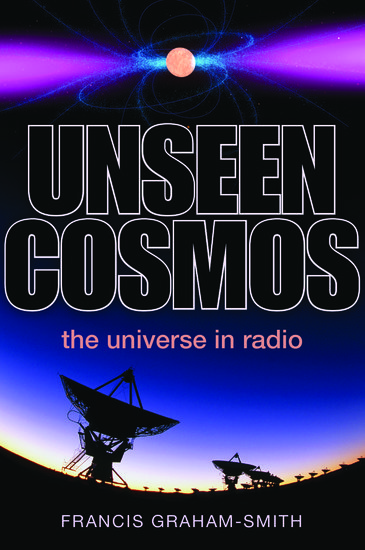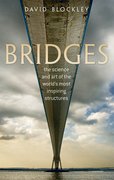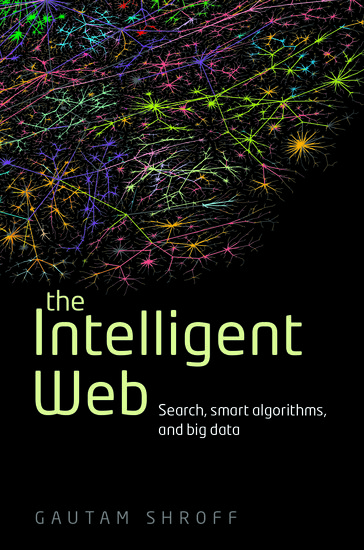From radio to YouTube
By Cynthia B. Meyers
AT&T has produced a teen reality program, @summerbreak—seen not on TV but on social media platforms, such as Twitter, YouTube, and Tumblr. General Electric is sponsoring articles in the magazine The Economist. And Pepsico has a blog site, Green- Label, devoted to skateboarding, rap music, and other interests of “millennial males.”










